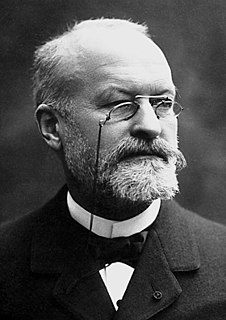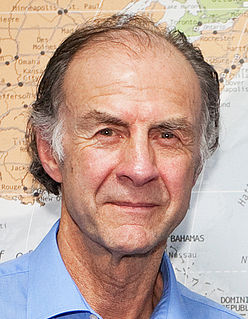A Quote by Mario Batali
Italy itself has 21 different micro-regions. You go within each of those regions, there's even super-micro-regions; and the beauty is that when you go from place to place, although there's a common thread of pasta and joie de vivre - in the way that they approach their meals and the simplicity of cooking, celebrating more the product than the chef - there's still so much variety that as you go, it's always an exciting moment.
Related Quotes
Like any developing country, it has an inequality of wealth. In the Chinese case, it is particularly [pronounced] by the fact that they decided they couldn't make the whole country move forward simultaneously, so they've started region by region. So the interior regions are much less well off than the coastal regions. And this is certainly a huge challenge, because it produces a flow of populations from the poorer regions to the richer regions.
There are many different regions around the world, and each region has its own cultural acceptance and legal restrictions as well as different age ratings. There are always things that we're required to do in each different region, which may go counter to the idea that players around the world want the freedom to play whatever they want.
The fact that the regions of nature actually covered by known laws are few and fragmentary is concealed by the natural tendency to crowd our experience into those particular regions and to leave the others to themselves. We seek out those parts that are known and familiar and avoid those that are unknown and unfamiliar. This is simply what is called 'Applied Science.'
Day-to-day scheduling is always a conflict. You go, "Oh, I want to go to that awards show because when am I ever going to do that again?" But then you go, "Yeah...except this other thing is more important." It's more the micro day-to-day stuff that becomes a daily task as opposed to worrying too much about the career.
US Cycling is doing a lot now with camps in different towns or different regions, but I think a great place, and I'm not sure how much it's been hit, is camps for people that are involved in other sports. Why not put on camps for high school kids that are cross-country runners, because those are the some of the best cyclists.







































